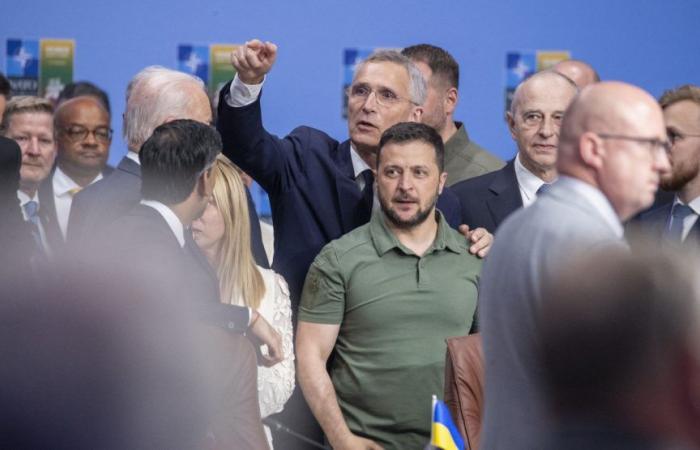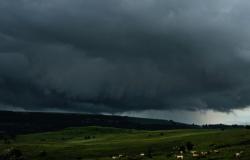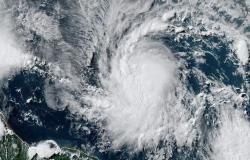Sophia Besch: The Republican National Convention is set to begin on July 15, just days after the conclusion of the summit. The Republican Party has undergone considerable infighting regarding U.S. aid to Ukraine, and voters more broadly question what the U.S. and its allies get out of supporting Ukraine. How do you expect these political dynamics to shape Washington’s approach to the summit?
Eric Ciaramella: One of the challenges since the start of the full-scale invasion is that progress and success have largely been measured in the public debate, at least in Washington, as lines on a map and the state of the front. And I think you saw that especially in the lead-up to the Ukrainian counteroffensive last year, where the theory of victory was that Ukraine would launch this massive offensive and break through the Russian lines, and then fundamentally that would reshape the war and put the Ukrainians in a position to coerce the Russians into a negotiation on their terms.
Sophia Besch: It’s a very seductive narrative.
Eric: That’s why Congress was willing to fund it. It was an exciting proposition, especially after Ukraine had a lot of success in the fall of ’22. That didn’t happen, though. And I think what the Biden administration has struggled with is how to reframe the conversation.
When you look at domestic criticisms of the Biden administration, primarily coming from the Republican camp, there is this unified theme of “Biden doesn’t have a strategy, and he’s just endlessly funding stalemate. We’re not going to just write a blank check.”
When you break it down further, you actually see two distinct camps emerge. You see the traditional hawks in the Republican Party who say Biden is enabling stalemate by holding back key weapons and imposing these policy restrictions and so on. [They say] it’s Biden’s timidity that has created this situation, and we need to give more to Ukraine and faster. That’s the Mitch McConnell view, the Mike McCaul view. But then the other side of the Republican Party says no amount of assistance is going to help Ukraine break the back of the Russian army, so we need to cut our losses, draw down support, and force the Ukrainians into peace talks.
The issue is that both of those theories of victory are pretty unrealistic. [For the first camp] we have very small inventories of key weapon systems [such as ATACMS]. Let’s say Germany decided tomorrow to provide all of its Taurus missiles to Ukraine, and Biden lifted all restrictions on the use of ATACMS. It’s still not going to change the fundamentals, which is that Russia has hundreds of thousands of troops inside of Ukraine that are dug in. This is going to be a very hard situation for the Ukrainians to change. So that theory that there is some quick Ukrainian battlefield victory out there is really not that credible.
The second camp’s theory that we just wash our hands and then suddenly a negotiation will happen and we can reach some reasonable settlement that’s durable and creates stability in Europe so that we can refocus on China—that’s also magical thinking. The issue now is for the Biden administration to reframe this quandary.
Sophia Besch: What book or paper would you recommend to better understand the issue?
Eric Ciaramello: Not One Inch by M.E. Sarotte.
It’s an amazing account of the deliberations and decisions, particularly under the Clinton administration, about NATO enlargement. But it’s so striking how much of the conversation in the early to mid-1990s was about what to do with Ukraine, and recognizing that there was a long-term security dilemma there. I think Mary did a great job using declassified meeting minutes and transcripts of Clinton’s phone calls (that she spent many years requesting through the archives) to put together this compelling narrative about how after the Cold War, NATO enlargement has been so much about Ukraine.
To listen to the full episodeuse the player below or your favorite podcast app.






